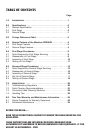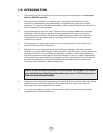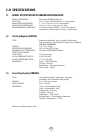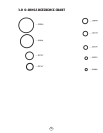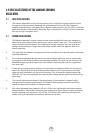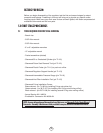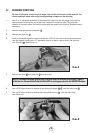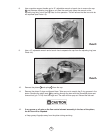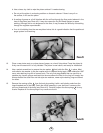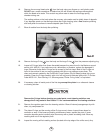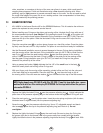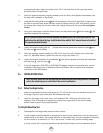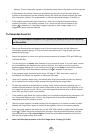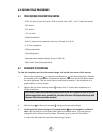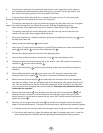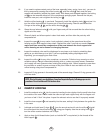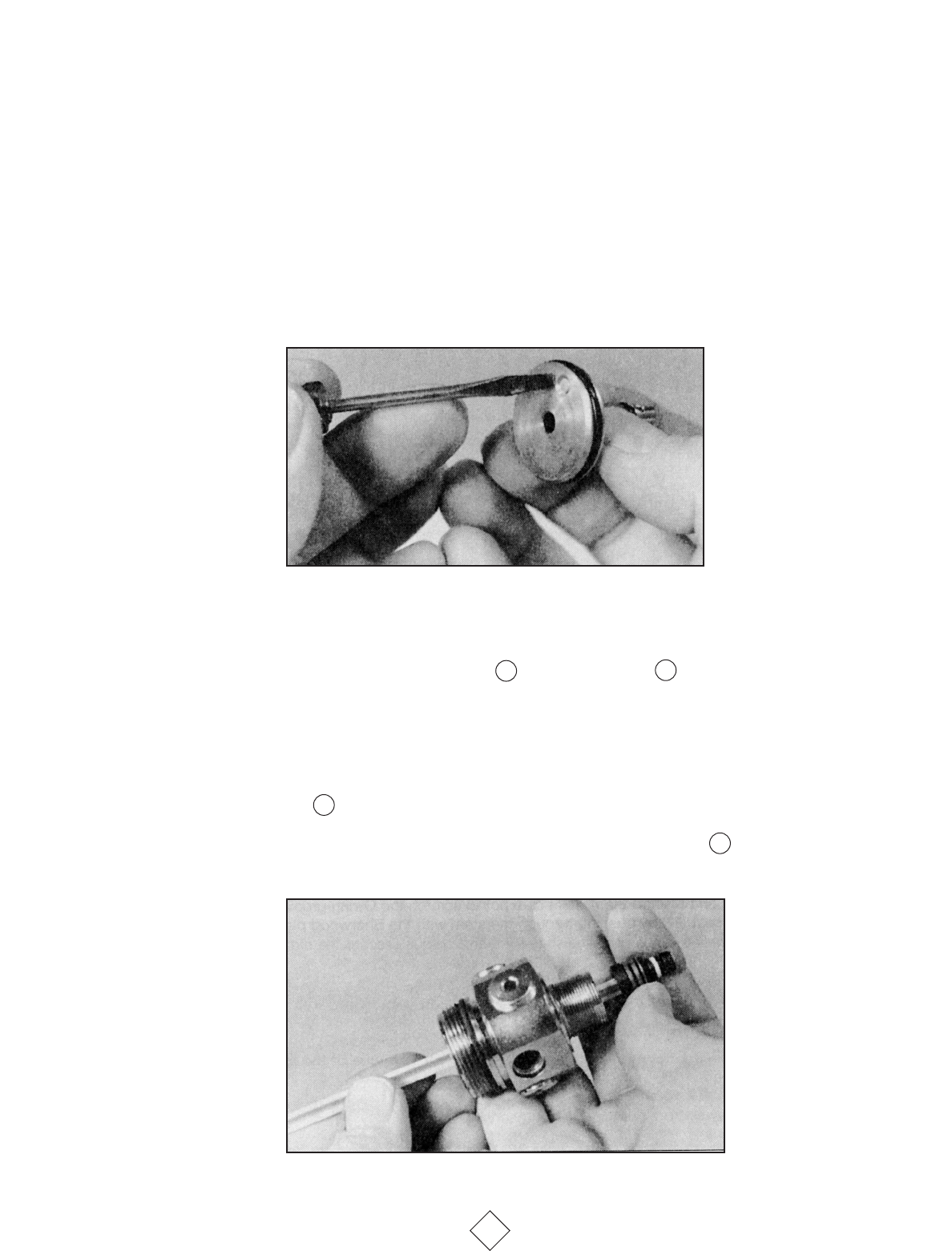
b. Use a clean, dry cloth to wipe the piston surface if it needs cleaning.
c. Do not put the piston in a cleaning solution or ultrasonic cleaner. If there is any oil on
the surface, it will coat the piston.
d. A coating of grease or oil will interfere with the air flow through the flow control element in the
face of the piston (see Photo #5). It may also cause the Dry Air Bleed System to cease
working. Although this is not dangerous to the diver, it may increase the difficulty of breathing
through the regulator upon descent.
e. If no air is bubbling from the one-way bleed valve, this is a good indication that the positive air
purge system is not working.
13. Place a new piston seat on a clean piece of paper, on a hard, flat surface. Press the piston tip
firmly over the seat until it is fully installed. The piston is now rebuilt, and ready for installation.
14. Use a pocket screwdriver to remove the star washer that holds the filter in place. Most
units used a star washer (a flat disc washer with six outward facing legs). Units made after 1997
use a wire-retaining ring with a forward hook. The only first stage bodies that can use this re-
useable ring, have a groove machined into the area above the filter for the ring to fit snugly into.
Always discard the used filter and old style star washers, newer style retaining rings are saved
for reuse.
15. Remove the moving orifice from the body by pushing it with a soft plastic probe from the
large threaded end of the body. Catch the orifice assembly in your hand as it comes out the
yoke nut thread end of the body (see Photo # 6). Carefully inspect the disc springs for any
cracks. Replace all five disc springs if any cracks are found.
8
Photo #5
Photo #6
2
3
4
5



